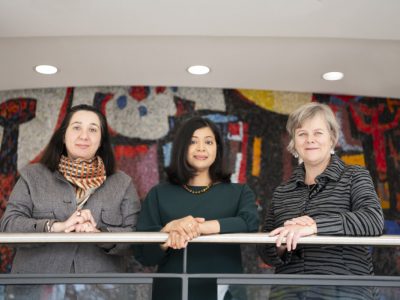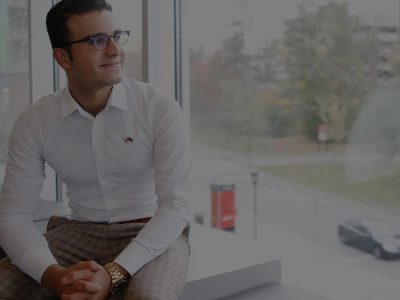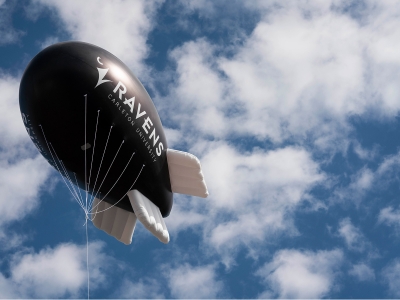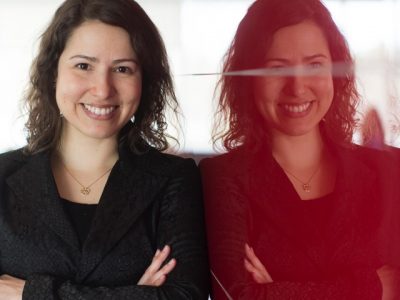By Joseph Mathieu
Carleton is lending its expertise to an international group of concerned heritage conservation scholars who hope for better protection of UNESCO World Heritage sites.
Architectural Conservation and Sustainability Prof. Mario Santana Quintero from the Department of Civil and Environmental Engineering has joined the Our World Heritage (OWH) initiative. The OWH launched its initiative on Nov. 16, 2020, with the goal of engaging the public, building capacity in modern preservation and conservation of world heritages, and offering recommendations to UNESCO in the coming years.
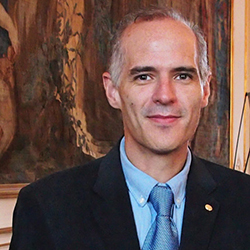
Prof. Mario Santana Quintero
“We hope that this call will mobilize many emerging professionals to engage with the issues of conservation and preservation of UNESCO World Heritage sites,” says Santana Quintero, a faculty member of the Carleton Immersive Media Studio (CIMS) and the director of the NSERC Heritage Engineering Program.
November 16 is an important date for UNESCO. On this date in 1945, the United Nations Educational, Scientific and Cultural Organization created its constitution. The foundational document emphasized collaboration among nations through education, science and culture, and the advancement of “universal respect for justice, for the rule of law and for the human rights and fundamental freedoms.”
On Nov. 16, 1972, the UNESCO World Heritage Convention outlined its international approach to the preservation of cultural sites and the conservation of natural heritage. And so, in 2020, the OWH initiative launched on this anniversary to advocate for change.
According to OWH, the treaty’s original goals have taken a back seat to politics and tourism. Humanity’s heritage is harder than ever to protect in the age of economic depression, climate change and global health crises. Fragile natural environments and ancient cultural landmarks are in danger.
The initiative’s goal is to involve civil society in the conservation of World Heritage Sites and to engage in a global discussion of threats and opportunities to improve the implementation of the Convention. Following a year of debates on key issues, the initiative will prepare a policy platform for the World Heritage Committee session in 2022, the 50th anniversary of the Convention.
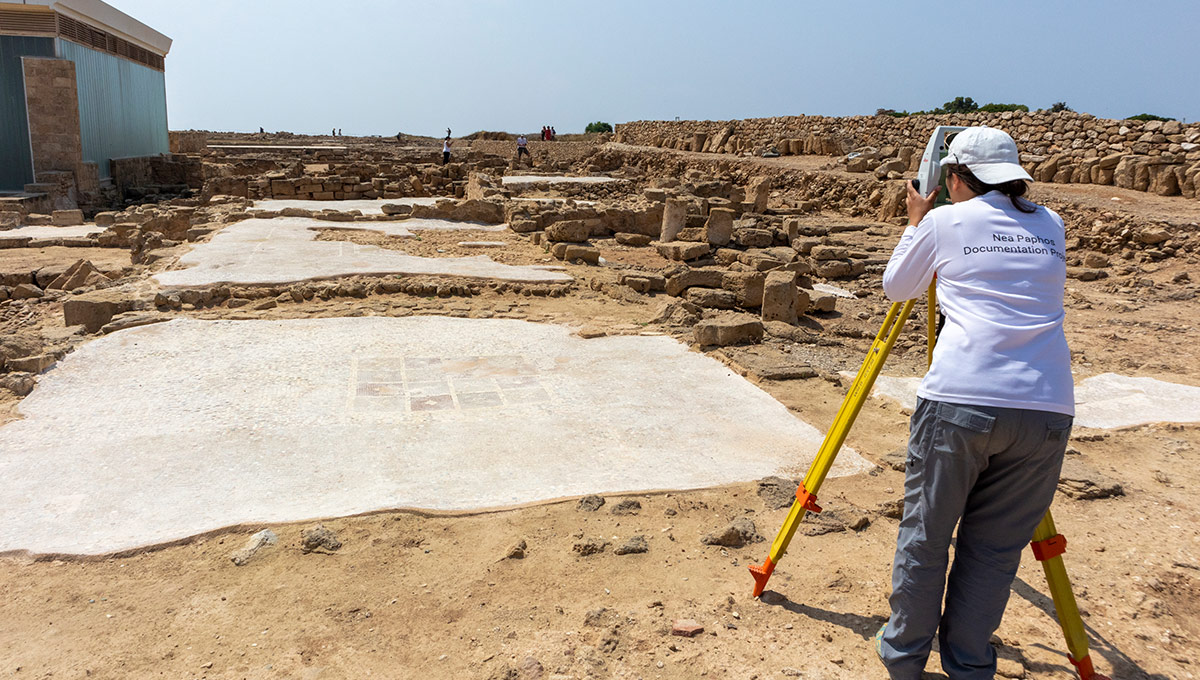
Transformational Impacts of Information Technology
Monday, Nov. 16, 2020, was also the launch date of the initiative’s call for submissions on the theme of Transformational Impacts of Information Technology. Santana Quintero, who is co-convener of the theme, wants to see proposals for projects on both virtual reality narratives or storytelling experiences, and on the digital monitoring of conservation sites.
“We want to focus on how technology can strengthen conservation by monitoring heritage sites around the world and how VR storytelling can tell two or three different perspectives on areas with complicated pasts,” says Santana Quintero.
Santana Quintero and his CIMS colleagues are familiar with preserving World Heritage sites around the world. The Carleton researchers have worked to laser scan and photograph sites such as Nea Paphos in Cyprus, the temple city Bagan in Myanmar, Bahrain’s Pearl Road and earthquake-damaged earthen buildings in Kathmandu Valley.
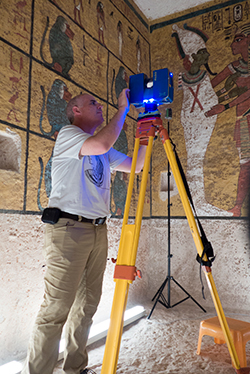 Santana Quintero hopes to have at least 10 teams of scholars who will receive coaching and mentoring from the theme’s steering committee in January 2021. An independent panel will choose the winning team, which will be announced on Feb. 5.
Santana Quintero hopes to have at least 10 teams of scholars who will receive coaching and mentoring from the theme’s steering committee in January 2021. An independent panel will choose the winning team, which will be announced on Feb. 5.
Before joining Carleton, Santana Quintero worked as a consultant for UNESCO World Heritage Sites around the world. He is also vice-president of the International Council on Monuments and Sites (ICOMOS), an advisory body to the World Heritage Committee.
The hope is the World Heritage Committee embraces the recommendations of the OWH initiative. Whatever happens, the initiative will engage the next generation of scholars and leaders involved in the issues.
“The next generation will produce more change over the long term,” says Santana Quintero.
“If we make sure that the young people taking over already have a preservation and conservation mindset, then change will come.”
Wednesday, December 9, 2020 in Civil and Environmental Engineering, Faculty of Engineering and Design
Share: Twitter, Facebook
